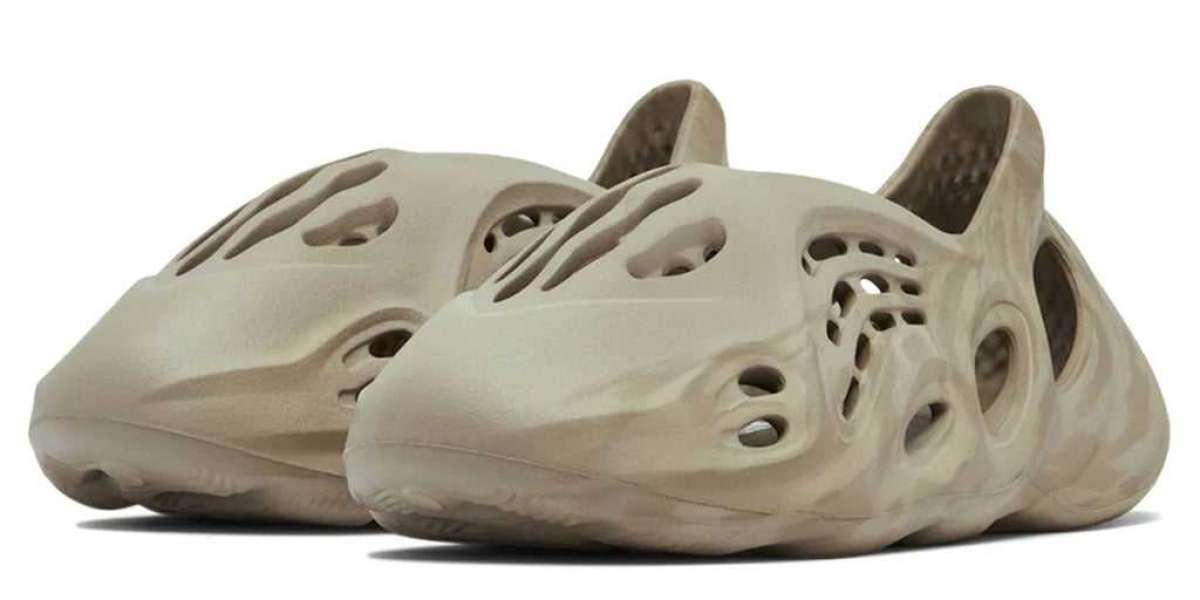Introduction:
In the spring of 1968, the world watched with a mixture of hope and trepidation as Czechoslovakia underwent a period of political liberalization and reform known as the Prague Spring. Led by Alexander Dubček, the newly elected General Secretary of the Communist Party, Czechoslovakia sought to establish socialism with a human face by relaxing censorship, promoting freedom of speech, and advocating for increased political and economic independence from the Soviet Union. The Prague Spring represented a bold attempt to create a more open society, but it ultimately ended in tragedy as external forces intervened to suppress the movement.
Details:
Under Dubček's leadership, Czechoslovakia embarked on a series of unprecedented reforms, which ushered in a period of intellectual freedom, cultural revival, and political activism. Newspapers and media outlets flourished with a newfound autonomy, and citizens openly discussed and debated various political and societal issues confronting the nation. Artists, writers, and musicians embraced their creative freedom, and the country's capital, Prague, became a vibrant hub of intellectual exchange.
However, the reforms of the Prague Spring deeply unsettled the leadership in Moscow and other Eastern Bloc countries, who feared that the loosening of controls could incite similar movements throughout the region. On the night of August 20th, 1968, the Soviet Union and several Warsaw Pact nations launched a military invasion, effectively bringing an end to the Prague Spring.
Tanks rolled into Czechoslovakia's capital, Prague, as troops took control of key communication centers, government buildings, and radio stations. The invasion provoked widespread resistance from the Czechoslovak people, who took to the streets to peacefully protest against the foreign intervention. However, the sheer force of the invading troops soon extinguished any hope of a successful uprising.
Despite the suppression of the Prague Spring, its impact on Czechoslovakia and the wider world was profound. The events of 1968 demonstrated the aspirations and desires of the Czechoslovak people for a more liberal and open society, sparking a generation of activists, intellectuals, and dissidents who continued to challenge the Soviet regime in subsequent years.
In conclusion, the Prague Spring of 1968 marked a significant chapter in Czechoslovak history. A brief period of political liberalization and reform was unfortunately met with intervention and suppression by external forces. Though ultimately crushed, the Prague Spring continues to inspire and serve as a reminder of the inherent human desire for freedom and self-determination.



